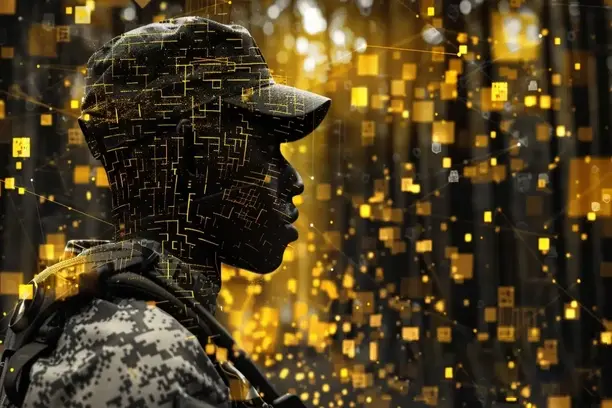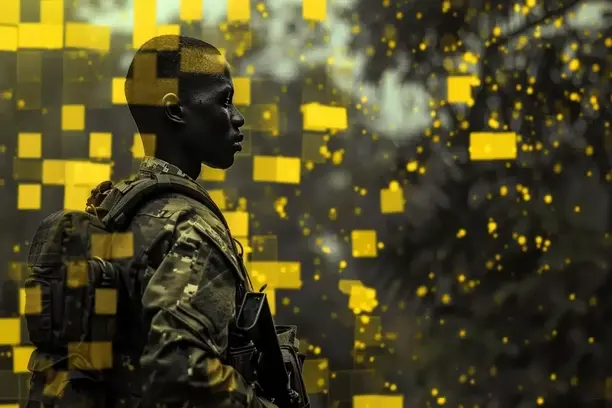DAO (Decentralized Autonomous Organization) governance is an innovative mechanism in the blockchain ecosystem that enables participants to work together to make decisions, manage and develop blockchain projects. Under this governance model, the decision-making process no longer relies on a single centralized organization, but is achieved through the collective voting of coin holders. In this paper, we will analyze the governance mechanism of blockchain DAOs in depth, and explore its operation, advantages, and challenges, so as to help readers better understand how DAOs can change the traditional governance model.

What is DAO Governance?
DAO (Decentralized Autonomous Organization) governance is a new governance model based on blockchain technology that aims to automate the decision-making process without intermediaries. Simply put, DAOs allow all participants to co-manage and operate a project or agreement through cryptocurrency or token voting. This process removes the hierarchical structure of a traditional company or organization and returns decision-making power to the community or coin holders.
The core concept of DAO governance is decentralization, meaning that there is no single controlling party that determines the direction of the project. Participants usually own tokens that not only represent their commitment to the future of the project, but also give them the right to vote to participate in decision-making and thus influence the direction of the project or agreement.
How DAO works
The way DAO governance generally works involves several steps.The DAO initiator creates a smart contract and establishes initial governance rules. These rules can include how funds are allocated, how decisions are made, and how votes are handled. Users holding tokens can participate in proposals, vote, or choose a project path. Ultimately, votes are executed automatically, often through the automation of smart contracts.
Transparency and openness of DAO governance is also a key feature. As all transactions and decision-making processes are recorded on the blockchain, they can be accessed and examined by participants at any time, which not only increases trust but also reduces fraud and errors in operations.
Governance Mechanisms of DAOs: How to Vote and Decide?
In a DAO, the decision-making process usually relies on the votes of the token holders. The voting power of each holder is proportional to the number of tokens it holds. For example, members who hold more DAO tokens are able to exert more influence in voting.
Voting in DAOs can take different forms, the most common being "Token Weighted Voting" and "One Person, One Vote" systems. In token-weighted voting, those who hold more tokens have more voting rights, which can encourage more people to participate in the development of the project. In "one person, one vote", all voting rights are equally distributed to all participants, regardless of the number of tokens they hold, which reduces the influence of large investors on decision-making.
Voting results in DAOs are usually automatically executed by smart contracts, which avoids intermediary intervention and guarantees transparent and fair results.
DAO Governance Model and Protocols
Different DAO organizations may adopt different governance models. In the simplest case, the governance rules of a DAO may be very simple, with all coin holders submitting proposals and voting. More complex DAOs may have different levels of governance structure. For example, some DAOs have a "governance committee" where a small core group of members are responsible for day-to-day operations and decision-making, while other participants can vote on general direction.
Such a multi-level governance model can effectively reduce confusion and efficiency problems in the decision-making process, and enable certain critical decisions to be made in a more professional manner. It also requires DAO participants to have certain governance experience and expertise.
The DAO Advantage: Decentralization and Transparency
One of the biggest advantages of DAO is its decentralized nature. While in a traditional organizational structure, the management holds the final decision-making power, DAO avoids the centralization of a single power by allowing everyone who holds tokens to participate in project operation and decision-making through smart contracts and encryption technology.
The DAO's governance process is completely open, with all voting results, proposal contents and fund flows accessible on the blockchain. This not only increases the transparency of the governance process, but also increases participants' trust in decision-making. Everyone has a clear understanding of how their votes and actions affect the organization as a whole.
Challenges of DAO Governance: Efficiency and Slow Decision-Making
Despite the advantages of DAO governance such as decentralization and transparency, it also faces certain challenges. Since the decision-making process of DAOs needs to rely on the votes of all participants, this often leads to a decision-making process that is too lengthy and difficult to respond quickly to market changes or competitive pressures. In some cases, DAOs may need more efficient mechanisms to speed up decision-making.

Since DAO participants come from all over the world, language barriers, time zone differences, and different cultural backgrounds may affect the coordination of decision-making and the achievement of consensus. This requires a DAO governance structure that respects diversity and operates efficiently.
Future Developments: Innovations and Challenges for DAOs
The future development of DAO is undoubtedly full of potential, but it also requires continuous innovation on the existing framework. the design of DAO governance model still needs to be improved in practice, especially in the areas of voting mechanism, governance model, and efficiency issues, all of which need to be explored and optimized in more depth.
With the development of Decentralized Finance (DeFi), NFT, Metaverse and other fields, DAO will play a more important role in these emerging fields. Future DAOs may involve more complex multi-party collaboration, cross-chain governance, and other issues that require more efficient and flexible technology solutions to support.
Conclusion: The Future of DAO Governance
DAO governance, as an innovation in the blockchain world, subverts the operation of traditional organizational structures and gives every participant the opportunity to have a voice and take part in decision-making.DAO governance mechanisms are still in the developmental stage, and need to address many technical and coordination challenges. With the advancement of blockchain technology, we can foresee that DAO will play a more influential role in the financial, social, and even political fields in the future, and become a more mainstream governance model.














